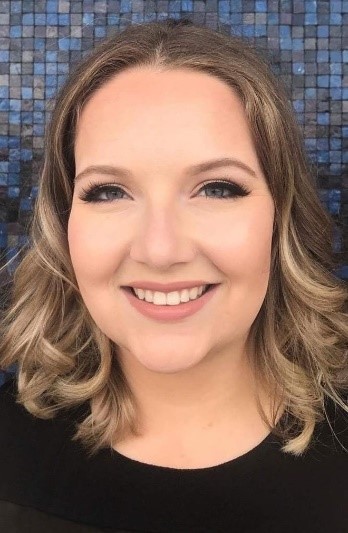Posted • Last updated
Closed
Open to Provincial Region
Last updated
The Canadian Mental Health Association, BC Division (CMHA BC), is reaching out to people who have had a specific type of lived experience to explore their interest in participating in a one-day learning event in Vancouver on September 27, 2022. We are looking for participation from people who have received help from the health care system during a mental health crisis associated with thoughts of suicide or a suicide attempt in the last two years.
The event will provide a safer space for conversation between people who are willing and comfortable sharing their experiences around the care they received in an emergency department, during a hospital stay, or a specialized mental health community clinic with representatives of the health care sector.
The purpose of the event is to ensure the voices of people with lived experience inform changes to the health care system so that, going forward, people in crisis receive the best care possible.
Participants will be paid for their time. CMHA BC will also cover your travel costs.
Read the info sheet for more information
As well as participating in the in person event, CMHA, BC are also offering additional ways in which you can share your experience whether it be an online group session or in a one-to-one conversation.
Please see pre-session RSVP for further details here.
• Session RSVP here.
When: September 27, 2022 8:30am – 4:30pm
Where: Morris J Wosk Centre For Dialogue (580 Hastings St W, Vancouver BC, Canada)

